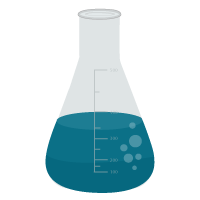DK / EN

Cancer during pregnancy is rare, but its occurrence is increasing. One of the reasons is that many women postpone having children until later in life. Previously, doctors recommended interrupting the pregnancy right up to the 22nd week of gestation if a pregnant woman was diagnosed with cancer. The treatment for cancer was postponed until after the birth, as it was feared that the treatment could harm the unborn child. It could result in chemotherapy being delayed by months, and premature birth on the basis of a medical assessment. Recent research has shown that, provided it is initiated after the first trimester, chemotherapy during pregnancy does not harm the unborn foetus. Chemotherapy during pregnancy is considered preferable, since it has been shown that premature birth is more harmful for the child. However, the existing research is still based on relatively small studies, and long-term follow-up of the children is desirable.
Support from the Vissing Foundation assists us in the project on cancer during pregnancy to follow up on women who had cancer during pregnancy, and subsequently their children right up to the age of 18 years. The objective is to investigate general health, cardiological health and sexual development, and the occurrence of malignant disease and impaired hearing in children whose mothers had cancer during pregnancy. In this project we hope to collect valuable knowledge about this vulnerable patient group,” says physician and PhD Cristel Hjortshøj from the Department of Paediatrics and Adolescent Medicine at the Rigshospital.